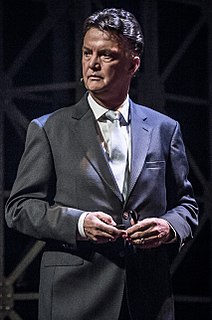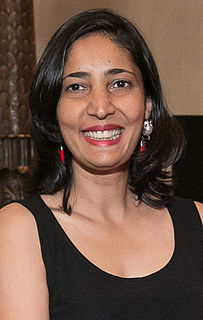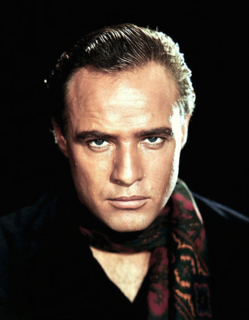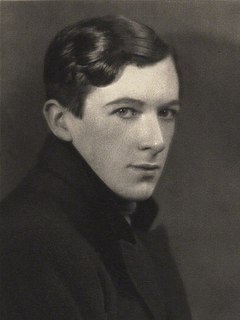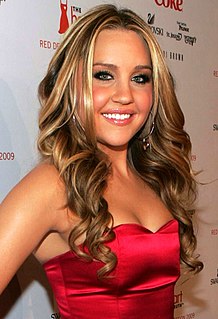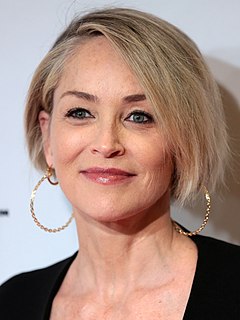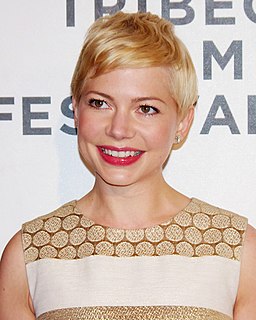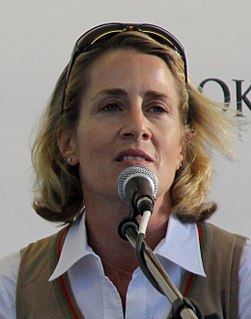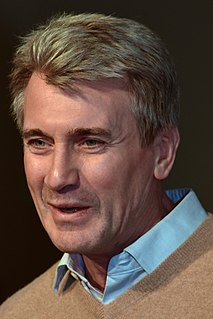A Quote by Teri Garr
My father died when I was 11. He was a vaudeville comedian. He worked in one movie, 'Ladies of the Chorus,' as Marilyn Monroe's father.
Quote Topics
Related Quotes
I loved all the other movies, and I loved all the other movie stars, but I was very aware of the fact that I didn't look like Marilyn Monroe - although I still wanted to be Marilyn Monroe. Then Josephine Baker popped up, and she wasn't the maid - she was the star of the show. To me, it was mind-blowing.
When he died, I went about like a ragged crow telling strangers, "My father died, my father died." My indiscretion embarrassed me, but I could not help it. Without my father on his Delhi rooftop, why was I here? Without him there, why should I go back? Without that ache between us, what was I made of?
Do you remember when Marilyn Monroe died? Everybody stopped work, and you could see all that day the same expressions on their faces, the same thought: ‘How can a girl with success, fame, youth, money, beauty . . . how could she kill herself?’ Nobody could understand it because those are the things that everybody wants, and they can’t believe that life wasn’t important to Marilyn Monroe, or that her life was elsewhere
Ah, Marilyn, Hollywood's Joan of Arc, our Ultimate Sacrificial Lamb. Well, let me tell you, she was mean, terribly mean. The meanest woman I have ever known in this town. I am appalled by this Marilyn Monroe cult. Perhaps it's getting to be an act of courage to say the truth about her. Well, let me be courageous. I have never met anyone as utterly mean as Marilyn Monroe. Nor as utterly fabulous on the screen, and that includes Garbo.

